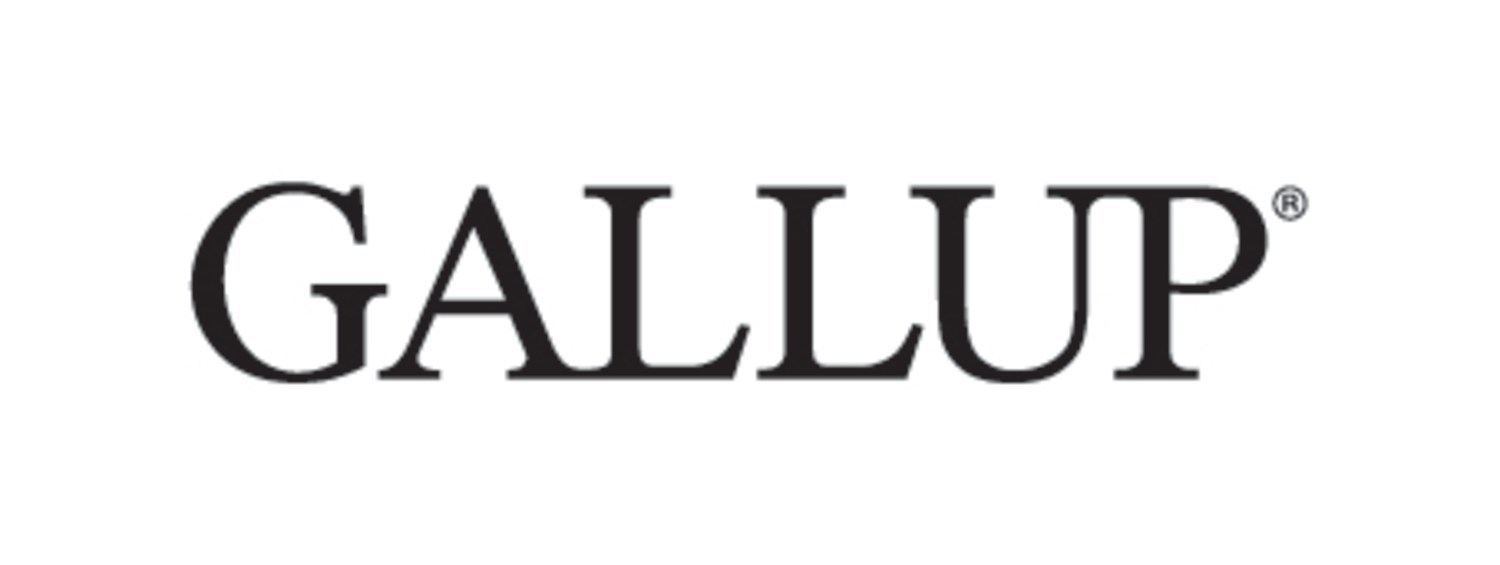NEW YORK, April 5, 2025 -- The "Investment Research Redefined: Voices of Female Executives" panel on the first day of Quinnipiac University's 14th Global Asset Management Education (G.A.M.E.) Forum in New York focused on what makes a good market researcher in the age of A.I., rather than on a specifically female perspective on the field, and it also considered the Trump administration's April 2 tariff announcements.
The panel was hosted by Holly Raider, dean of the School of Business at Quinnipiac University. "We knew today was coming," said panelist Candace Browning, head of BofA Global Research. The panelists agreed that events like the tariffs put pressure on analysts to quickly provide their clients with high-confidence predictions.
Joyce Chang, managing director and chair of global research at JPMorgan Chase, said that "the hard data is going to lag," so in reaction to tariffs or other events it's important to weigh many factors, including looking at sentiment surveys, credit card data and talking to CEOs. "You have to use your judgement as a research analyst," she said.
According to Browning, "We have seen the technology available to us change dramatically, but the questions are the same ones as in 1982." That brought up artificial intelligence, which the panelists agreed is an excellent aid, but not one destined to eliminate the need for human analysts.
"A.I. is a fantastic tool that can synthesize data very quickly," Browning said, "but it's not really set up to tell people what they don't already know. I will use it, but I don't think it will replace research analysts." Lucy Baldwin, managing director and global head of research at Citi, added that A.I. is great at summarizing, "but it's terrible at being able to look around corners."
Knowing which data points are important is key. "There are endless scenarios and permutations we can play out, but only one or two factors will ultimately move the market," said Baldwin. Asked for a gender angle on market analysis, Chang said that women are underrepresented in the field (only about 15 percent of tenured economics professors) and that "it's important to recognize these gaps." Browning added that women are "perhaps more patient, more long-term oriented."
The virtual G.A.M.E. conference drew more than 1,600 participants from 150 universities. There were 30 panels, over 100 speakers, and 64 companies represented.
This News is brought to you by Qube Mark, your trusted source for the latest updates and insights in marketing technology. Stay tuned for more groundbreaking innovations in the world of technology.









